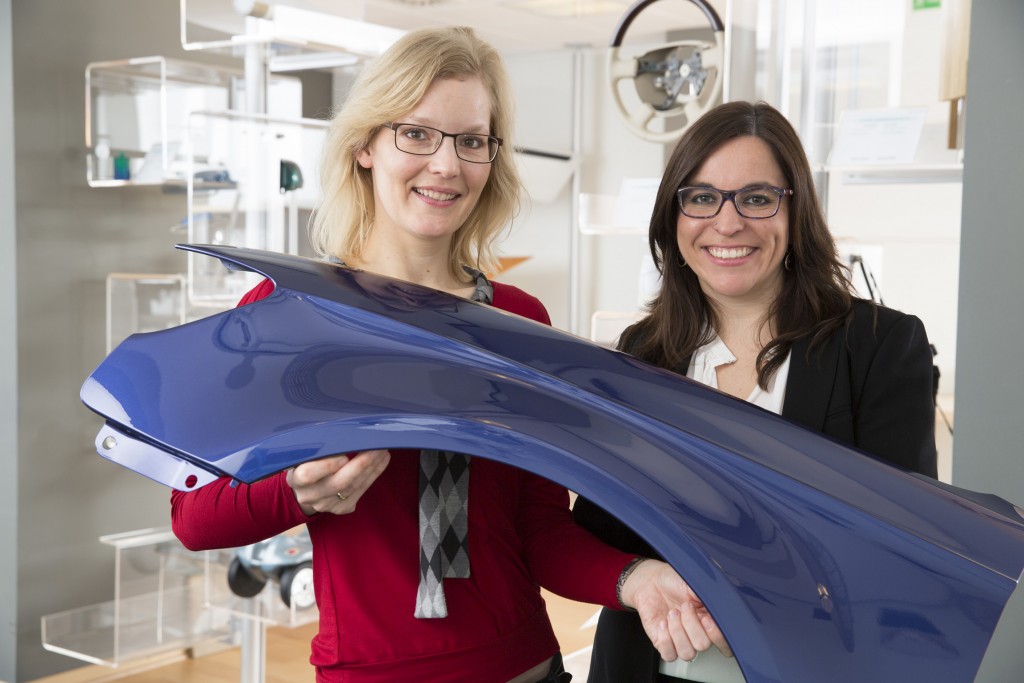I have been reporting several ongoing activities about pentamethylene diisocyanate (PDI) for the past several months now at Tecnon OrbiChem’s Bio-Materials newsletter. PDI is being touted as a bio-based alternative to petrochemical-based hexamethylene diisocyanate, which is used in the production of polyurethanes. With the introduction of PDI in the market, it is now possible to commercially produce a 100% bio-based polyurethane.
Bayer MaterialScience announced that it has developed a bio-based hardener for PU coatings and adhesives under the brand Desmodur® eco N 7300, which is based on PDI. These coatings can now be formulated entirely from bio-based materials using renewable-based polyols, cross-linkers and PDI.
A large proportion of the carbon content – 70% – is biomass-based. The starting product is a starch from forage corn, a feed and industrial crop that is not intended for human consumption and does not compete directly with food production.
Desmodur® eco N 7300 is reportedly on par with conventional, petrochemical-based hardeners and has even advantages in terms of compatibility with coating and adhesive formulations.

Automotive coatings are one of the application areas for Desmodur® eco N 7300, the first bio-based hardener for polyurethane coatings and adhesives
Bayer MaterialScience is currently developing a comprehensive technology platform for additional uses of PDI-based raw materials in coatings, adhesives and other applications. Commercial production of Desmodur® eco N 7300 is due to begin following mandatory REACH registration. A total annual capacity of up to 20 ktpa is to be provided at existing plants.
Bayer MaterialScience said its PDI precursor suppliers are working on next generation of biomass such as using cellulose or biowaste. The process is already being used to manufacture bioethanol.
Bayer MaterialScience was honored for this development with the “Bio-based Material of the Year 2015” innovation award at the International Conference on Bio-based Materials on April 13 in Cologne, Germany.
Bayer MaterialScience also announced a newly launched bio-based waterborne PU dispersions under the brand IMPRANIL® eco series, with renewable content as high as 65%. The product enables manufacturers to produce synthetic materials and coated fabrics with a high content of renewable materials addressing the textile needs of the sportswear/footwear, automotive and fashion industries. The first products in the series were developed especially for use in fashion apparel, accessory and footwear applications.
Bayer MaterialScience is using bio-succinic acid supplied by BioAmber in IMPRANIL® eco to replace adipic acid. Current adipic acid use in PU is 25% of the 3 million ton global market representing 750,000 tons of annual consumption, according to BioAmber.
In 2014, BioAmber was selected as one of the top-ten green chemistry innovators by LAUNCH, an organization established by NASA, NIKE, the U.S. Department of State and the U.S. Agency for International Development. LAUNCH was created to identify and foster breakthrough solutions to create a more sustainable world, and aims to move beyond incremental change and make impact at a system wide level. The founding organizations including NIKE, together with leading companies such as Walmart, IKEA and Bayer MaterialScience, are helping to advance green chemistry by generating demand for more sustainable products.
FOLLOW ME ON THESE SPACE
Discussion
Comments are closed.